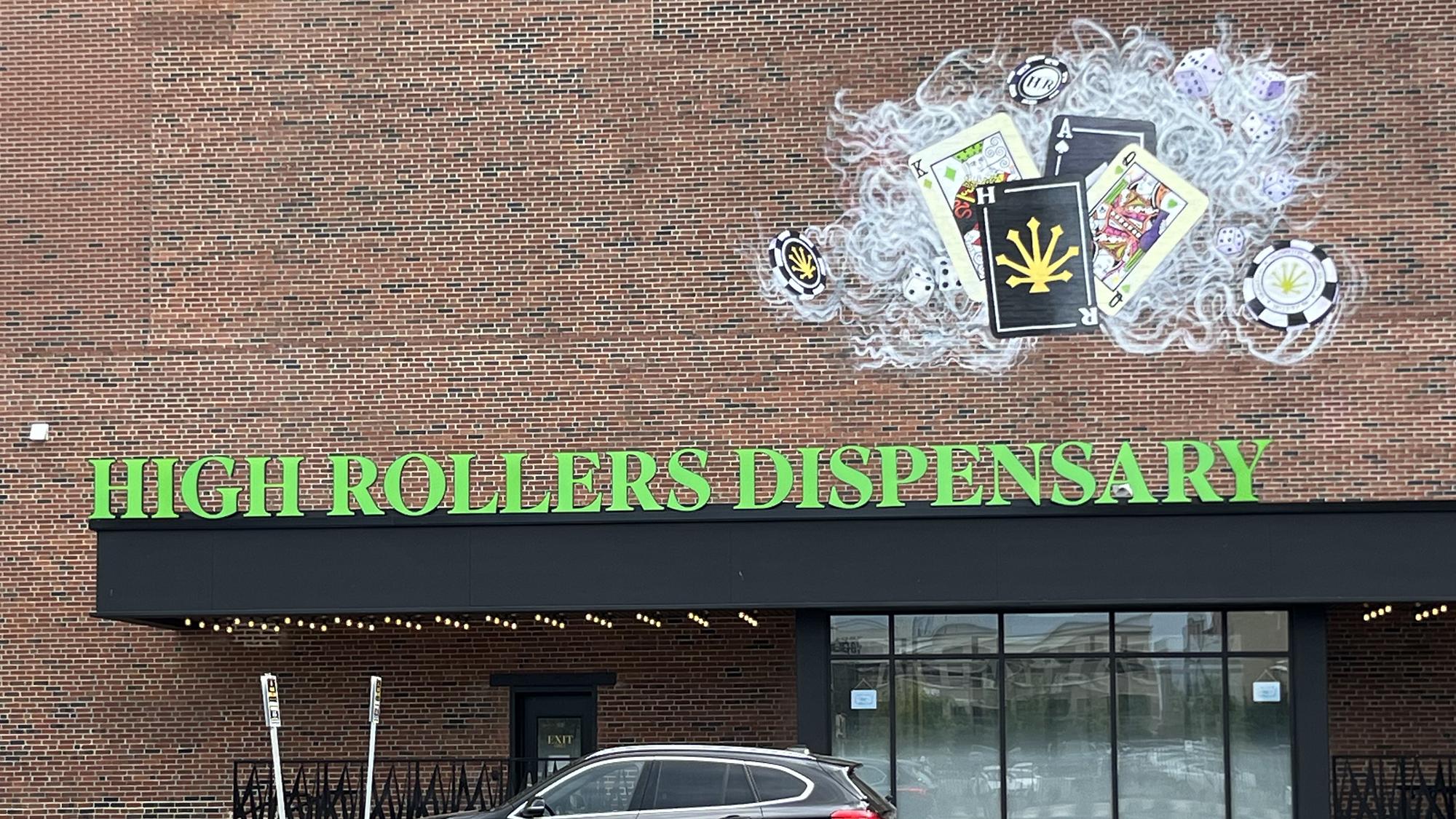The cannabis industry along the Jersey Shore is experiencing both opportunities and hurdles as it continues to grow in a post-legalization landscape. While dispensaries benefit from the region’s thriving tourism industry, they also face economic fluctuations, regulatory hurdles, and the challenges of a highly seasonal customer base. As dispensary owners work to balance these factors, they must adopt strategic approaches to ensure sustainability year-round.
The Seasonal Tourism Factor
The Jersey Shore is a prime summer destination, attracting millions of visitors from Memorial Day through Labor Day. Towns like Asbury Park, Seaside Heights, and Atlantic City see an influx of tourists who seek entertainment, relaxation, and increasingly, legal cannabis products. This seasonal boom can provide dispensaries with a significant revenue boost as vacationers explore the growing number of legal cannabis storefronts.
However, as the crowds dissipate in the fall and winter, dispensary owners must contend with a drastic reduction in foot traffic. The challenge lies in maintaining steady sales and retaining customers beyond peak season. Unlike other retail businesses that can easily pivot to e-commerce, cannabis sales remain restricted by local laws, requiring dispensaries to focus on attracting a local customer base to offset the drop in tourist spending.
The U.S. Economy’s Impact on Cannabis Sales
Economic downturns, rising inflation, and fluctuating consumer confidence are also significant factors affecting dispensary success along the Jersey Shore. As consumers face higher costs of living, discretionary spending, including cannabis, may decline. Tourists who once splurged on premium cannabis products may opt for more affordable options, or they may cut back altogether to accommodate budget constraints.
Additionally, the economic climate influences business expenses. Dispensary owners must navigate increasing costs for rent, payroll, product sourcing, and compliance fees. Unlike other retail industries that may adjust pricing more flexibly, dispensaries operate within a heavily regulated framework, limiting their ability to offset costs through price hikes without deterring customers.
Regulatory Challenges and Competition
Cannabis remains one of the most regulated industries in the country, and dispensaries across New Jersey must comply with an evolving set of state and local policies. Licensing, taxation, and zoning laws often create barriers for new dispensaries and add operational burdens for existing businesses. High tax rates on cannabis products also push some consumers toward the illicit market, further complicating dispensary profitability.
Moreover, the number of cannabis businesses in New Jersey is growing rapidly. While competition can be healthy for the market, an oversaturated industry may lead to price wars and reduced profit margins. Dispensary owners must find ways to differentiate their brands, whether through customer experience, exclusive product offerings, or strategic partnerships.
Sustaining Business Year-Round
To thrive beyond the summer rush, dispensary owners must focus on long-term sustainability strategies. Building strong relationships with local customers can help ensure a more consistent revenue stream. This can be achieved through customer loyalty programs, special discounts for year-round residents, and community engagement initiatives that emphasize education on cannabis use and benefits.
Expanding delivery services, where permitted, and investing in targeted marketing efforts can also help dispensaries maintain sales in the off-season. Engaging with social media, local influencers, and regional cannabis events can boost brand awareness and encourage repeat business.
A Sustainable Path Forward
The Jersey Shore’s dispensaries are uniquely positioned within a market that experiences both dramatic highs and challenging lows. While the tourist season brings in a surge of customers, economic uncertainty and regulatory constraints demand that business owners develop resilient strategies to navigate the ebb and flow of the industry. By prioritizing community engagement, innovative marketing, and operational efficiency, dispensaries can establish a sustainable foothold in New Jersey’s evolving cannabis landscape.

